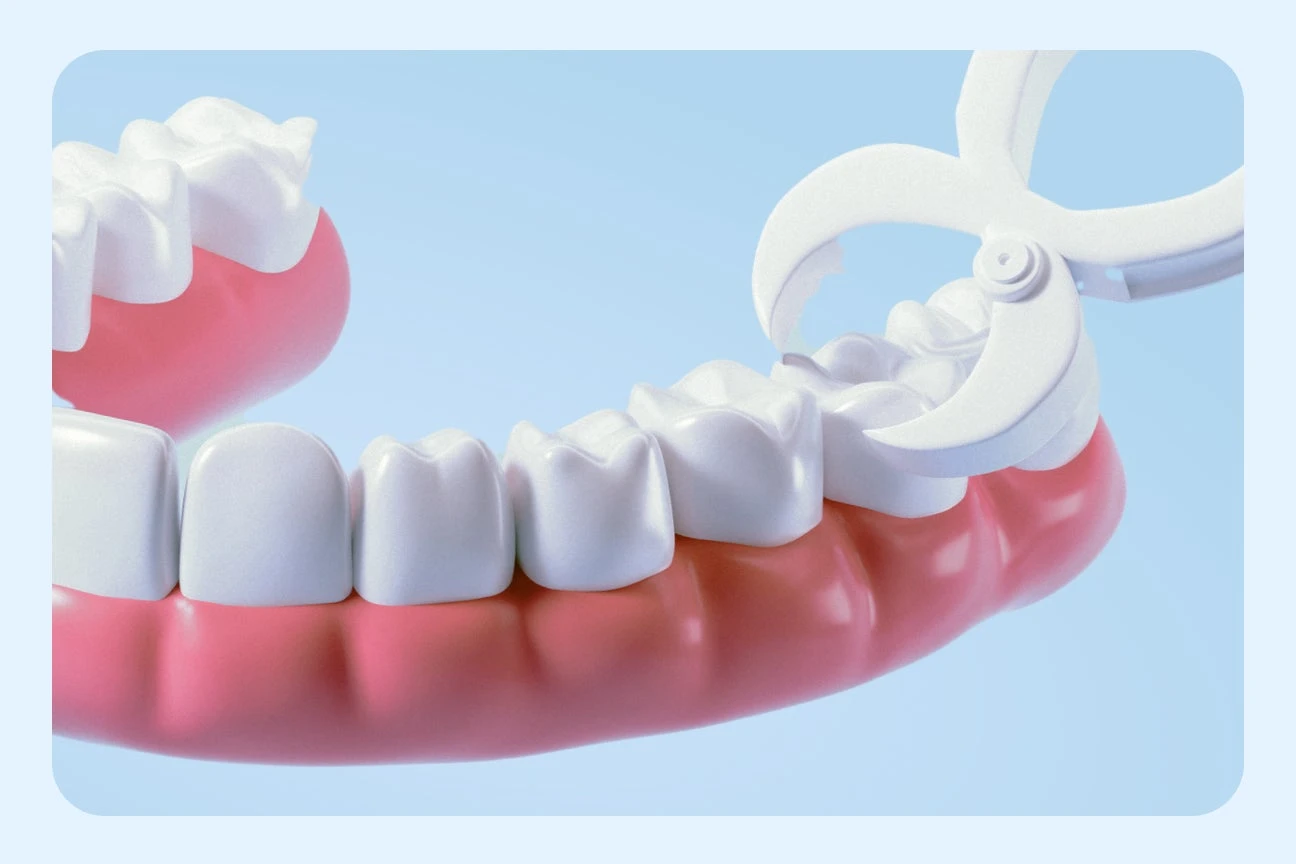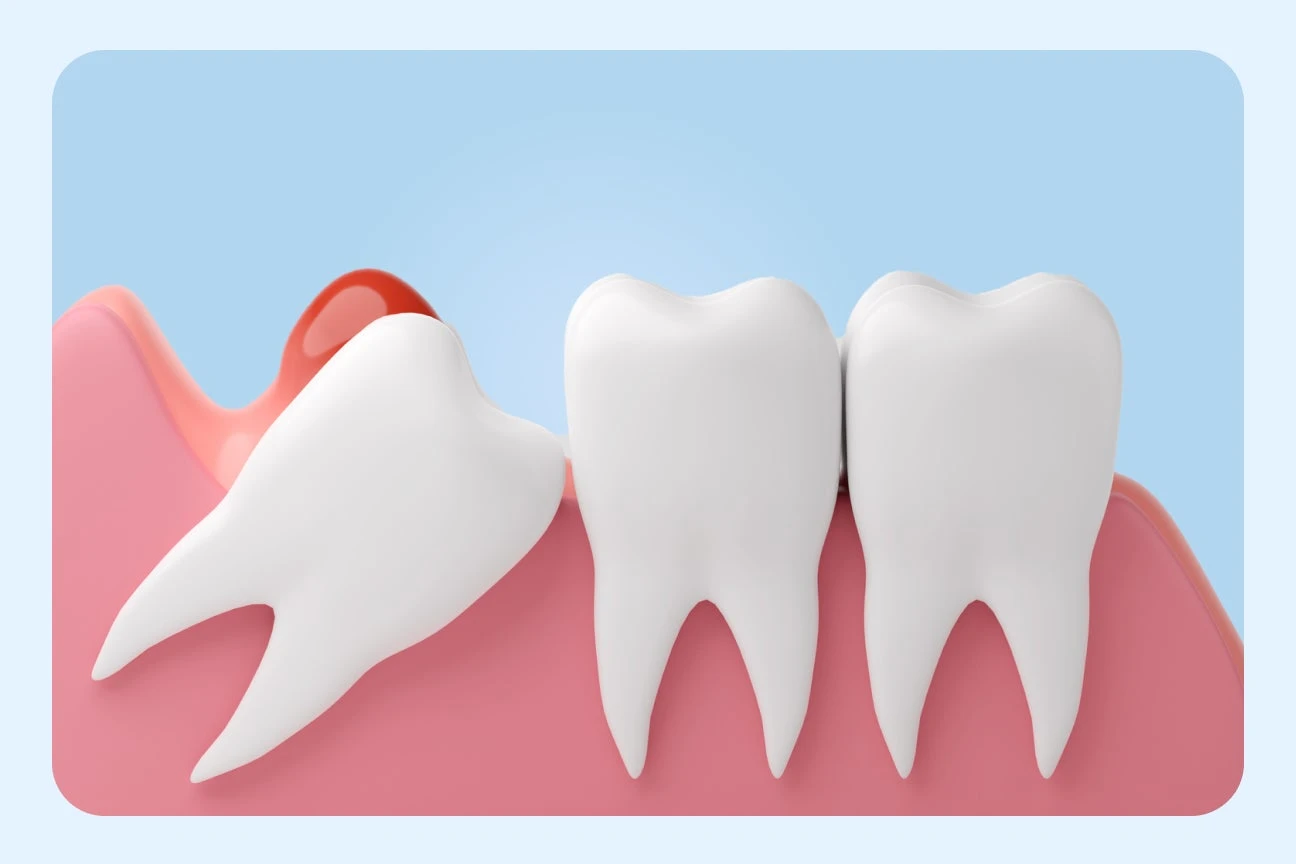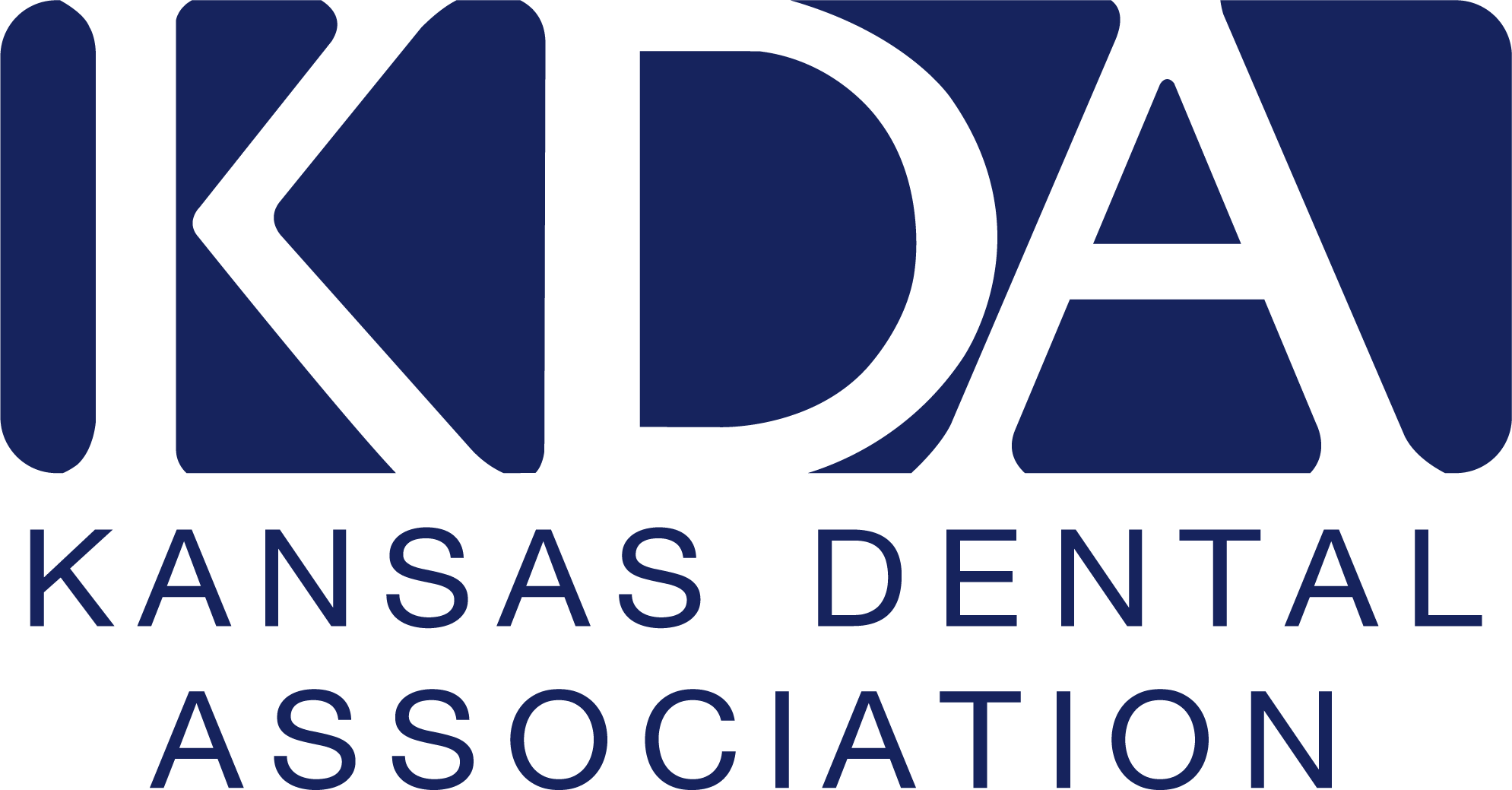Manor
South Congress – Austin
Bandera – San Antonio
Commerce – San Antonio
Marbach - San Antonio
Military Drive - San Antonio
San Pedro - San Antonio
Walzem – San Antonio
Manor
5181 E Parmer Ln
Manor, 78653
Manor, 78653
Monday: 8 am to 5 pm Tuesday: 8 am to 5 pm Wednesday: 9 am to 7 pm Thursday: 8 am to 5 pm Friday: 8 am to 2 pm Saturday: Available by Appointment Sunday: Closed
South Congress – Austin
111 W. William Cannon Dr. #200
Austin, 78745
Austin, 78745
Monday: 8 am to 5 pm Tuesday: 8 am to 5 pm Wednesday: 9 am to 7 pm Thursday: 8 am to 5 pm Friday: 8 am to 2 pm Saturday: Available by Appointment Sunday: Closed
Bandera – San Antonio
6810 Bandera Road
San Antonio, 78238
San Antonio, 78238
Monday – Friday: 8 am to 7 pm Saturday: 8 am to 1 pm Sunday: Closed
Commerce – San Antonio
4965 W. Commerce St.
San Antonio, 78237
San Antonio, 78237
Monday – Friday: 8 am to 7 pm Saturday: 8 am to 1 pm Sunday: Closed
Marbach - San Antonio
8700 Marbach Road
San Antonio, 78227
San Antonio, 78227
Monday – Friday: 8 am to 7 pm Saturday: 8 am to 1 pm Sunday: Closed
Military Drive - San Antonio
3166 SE Military Dr. B101
San Antonio, 78223
San Antonio, 78223
Monday – Friday: 8 am to 7 pm Saturday: 8 am to 1 pm Sunday: Closed
San Pedro - San Antonio
6868 San Pedro Ave.
San Antonio, 78216
San Antonio, 78216
Monday – Friday: 8 am to 7 pm Saturday: 8 am to 1 pm Sunday: Closed
Walzem – San Antonio
5201 Walzem Rd
San Antonio, 78218
San Antonio, 78218
Monday – Friday: 8 am to 7 pm Saturday: 8 am to 1 pm Sunday: Closed














